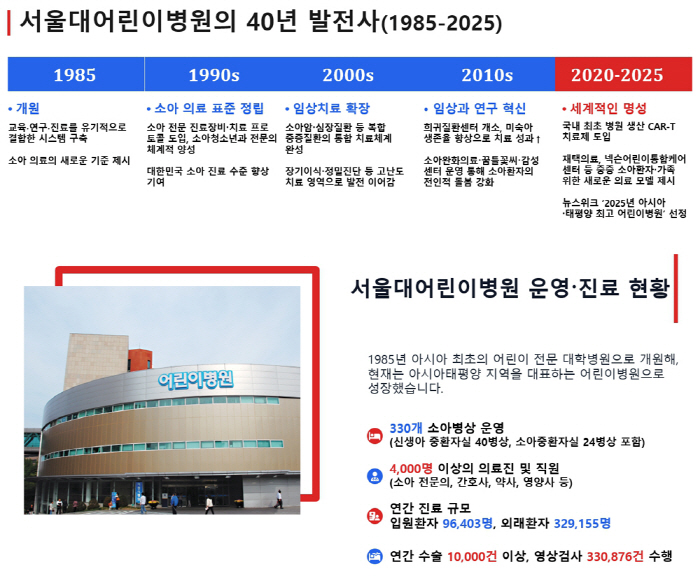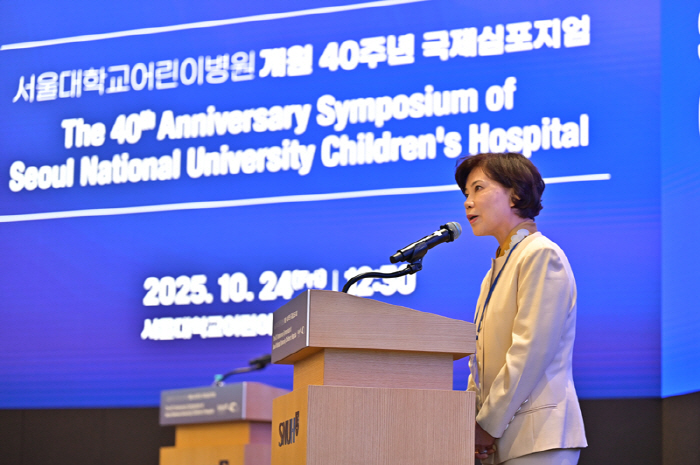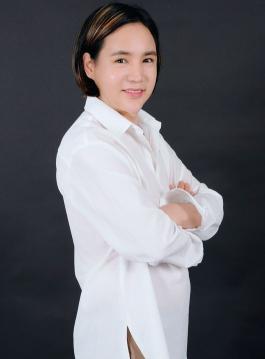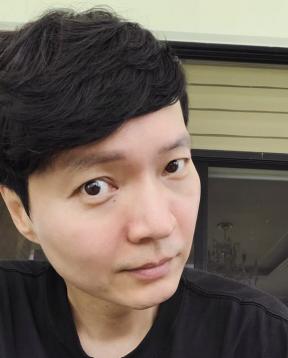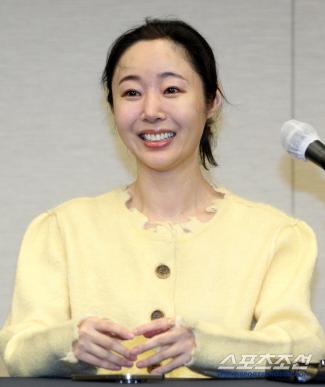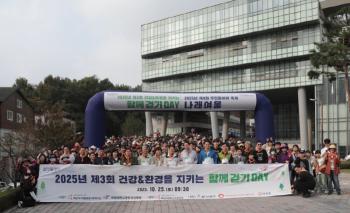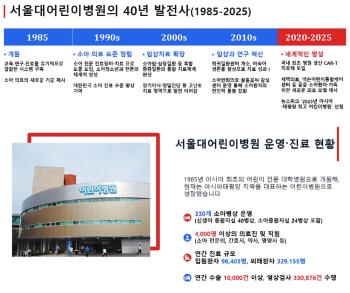Seoul National University Children's Hospital for the 40th Anniversary of its opening...Korean Children's Healthcare Standards Established
Oct 28, 2025
|
At the 「International Symposium commemorating the 40th anniversary of the opening of the school」 held at CJ Hall on the 24th, we looked back on our footsteps and sought a direction for cooperation for future generations.
Seoul National University Children's Hospital's 40 years is the development of Korean pediatric medical care. At the time of its opening in 1985, 'Hospital for Children' was an unfamiliar concept, but Seoul National University Children's Hospital established a new standard for pediatric medical care by establishing a system that organically combines education, research, and treatment.
In the 1990s, specialized medical equipment and treatment protocols were introduced, and pediatric and adolescent specialists were systematically trained to raise the level of pediatric care in Korea to a new level.
In the 2000s, it completed an integrated treatment system for complex severe diseases such as childhood cancer and heart disease and continued to develop into high-level treatment areas such as organ transplantation and precision diagnosis.
In the 2010s, holistic care for pediatric patients was strengthened by opening a rare disease center, improving the survival rate of premature infants, and operating pediatric palliative care, wriggle flower seeds, and emotional centers. In the 2020s, through the introduction of Korea's first hospital-produced CAR-T treatment and the opening of Nexon Children's Integrated Care Center, a new care model for severely ill children and their families was presented, and in 2025, it was named the 「Asia-Pacific Best Children's Hospital」 selected by Newsweek and recognized its global status.
Currently, Seoul National University Children's Hospital operates 330 beds (40 beds in neonatal intensive care units and 24 beds in pediatric intensive care units) and 32 detailed specialists, treating about 96,000 inpatients and about 330,000 outpatients annually. In addition, based on the nation's top-notch surgical infrastructure with 10 pediatric operating rooms, one robotic operating room, and a pediatric anesthesiology team, more than 10,000 pediatric surgeries are performed every year, including more than 600 heart surgeries and 500 brain surgeries, and a precise and specialized treatment system is operated through more than 330,000 imaging tests per year.
Seoul National University Children's Hospital has established a nationwide clinical research network centered on the Undiagnosed Disease Program (UDP) for genetic diagnosis of rare and intractable diseases and the Lee Kun-hee Children's Cancer and Rare Disease Support Project Group, and is striving to establish standard treatment protocols and patient databases. In addition, 421 medical staff from 18 Asian countries were trained and on-site training, contributing to strengthening each country's pediatric medical capabilities, and the medical network in the Asia-Pacific region is continuously expanding through joint research and educational exchanges with major children's hospitals such as Boston, Toronto, and Tokyo.
This international symposium was held under the theme of 'Changing Role of Children's Hospitals' and 'Cooperation in Pediatric and Adolescent Healthcare in the Asia-Pacific Region'. Experts from major organizations around the world, including Boston Children's Hospital, Toronto SickKids Hospital, Japan's National Pediatric Center, and Hong Kong Children's Hospital, attended to discuss the development of each field and international cooperation directions such as pediatric intensive care, transplant surgery, and childhood cancer treatment. Seoul National University Children's Hospital plans to strengthen its cooperative network for the future of Asia-Pacific pediatric medical care and further solidify global leadership with this symposium.
Choi Eun-hwa, Director of Children's Hospital, said "Seoul National University Children's Hospital has been leading Asia beyond Korea as the center of education, research, and medical treatment for children's healthy future for the past 40 years"In the future, we will continue to combine AI precision medical care with family-centered care to create a better treatment environment for children." he said.
|
This article was translated by Naver AI translator.
